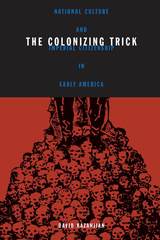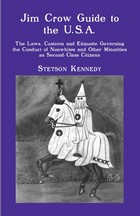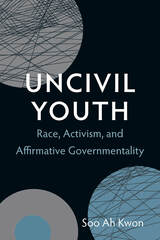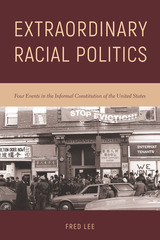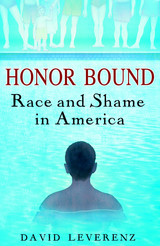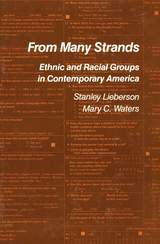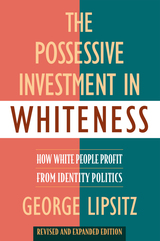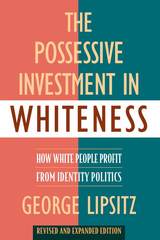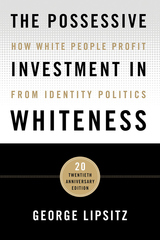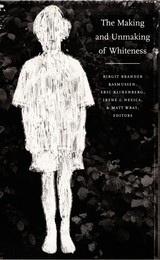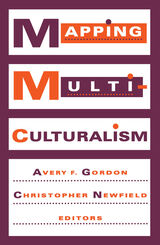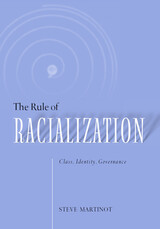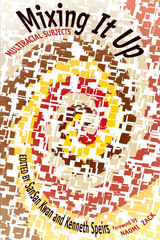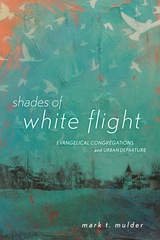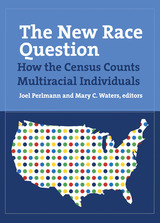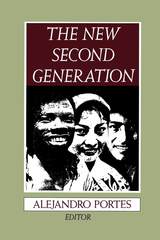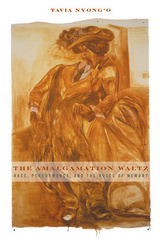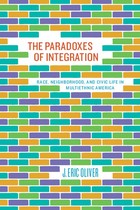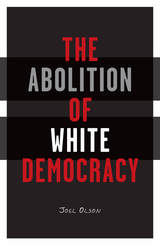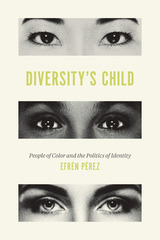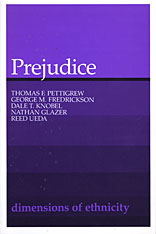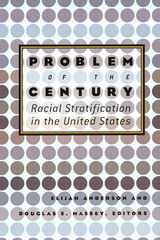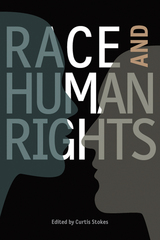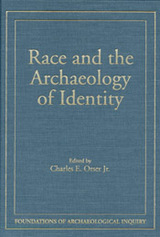American Ethnic History: Themes and Perspectives
Rutgers University Press, 2007
eISBN: 978-0-8135-6751-8 | Cloth: 978-0-8135-4227-0
Library of Congress Classification E184.A1M348 2007
Dewey Decimal Classification 305.800973
eISBN: 978-0-8135-6751-8 | Cloth: 978-0-8135-4227-0
Library of Congress Classification E184.A1M348 2007
Dewey Decimal Classification 305.800973
ABOUT THIS BOOK | AUTHOR BIOGRAPHY | TOC
ABOUT THIS BOOK
The United States, it is often said, is one of the most ethnically diverse countries in the world. But what, precisely, do we mean when we speak of “ethnic” groups or “ethnicity”? What is the distinction, for example, between “race” and “ethnicity”? How do various groups meld with the rest of American society? Should we think in terms of assimilation, integration, pluralism, or some other relationship between ethnic groups and the mainstream? It is these and many other questions that Jason J. McDonald tackles in this timely and insightful book.
Chapters explore a range of topics, including how different ethnic groups arrived in the United States—whether through violence and coercion or willing immigration; the peculiar identification of Native Americans as “ethnic,” despite the fact that they are indigenous to the land; whether the American public’s attitudes toward and treatment of difference has been consistent with the nation’s professed egalitarian ideals; and how factors such as language, religion, class, gender, and intermarriage play in either strengthening or weakening ethnic identity and group solidarity.
An engaging and critical look at a term that remains stubbornly ambiguous in both scholarly discussion and the vernacular, this book makes an important contribution to the ongoing debates about “difference” in American society.
Chapters explore a range of topics, including how different ethnic groups arrived in the United States—whether through violence and coercion or willing immigration; the peculiar identification of Native Americans as “ethnic,” despite the fact that they are indigenous to the land; whether the American public’s attitudes toward and treatment of difference has been consistent with the nation’s professed egalitarian ideals; and how factors such as language, religion, class, gender, and intermarriage play in either strengthening or weakening ethnic identity and group solidarity.
An engaging and critical look at a term that remains stubbornly ambiguous in both scholarly discussion and the vernacular, this book makes an important contribution to the ongoing debates about “difference” in American society.
See other books on: Cultural pluralism | Ethnicity | Minorities | Perspectives | Themes
See other titles from Rutgers University Press

